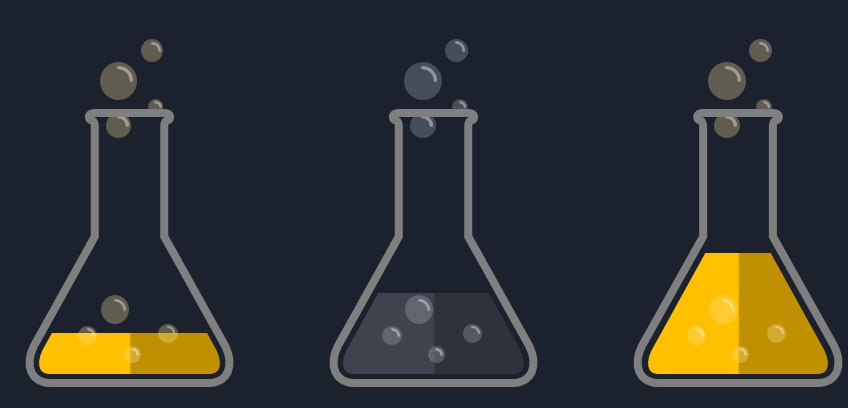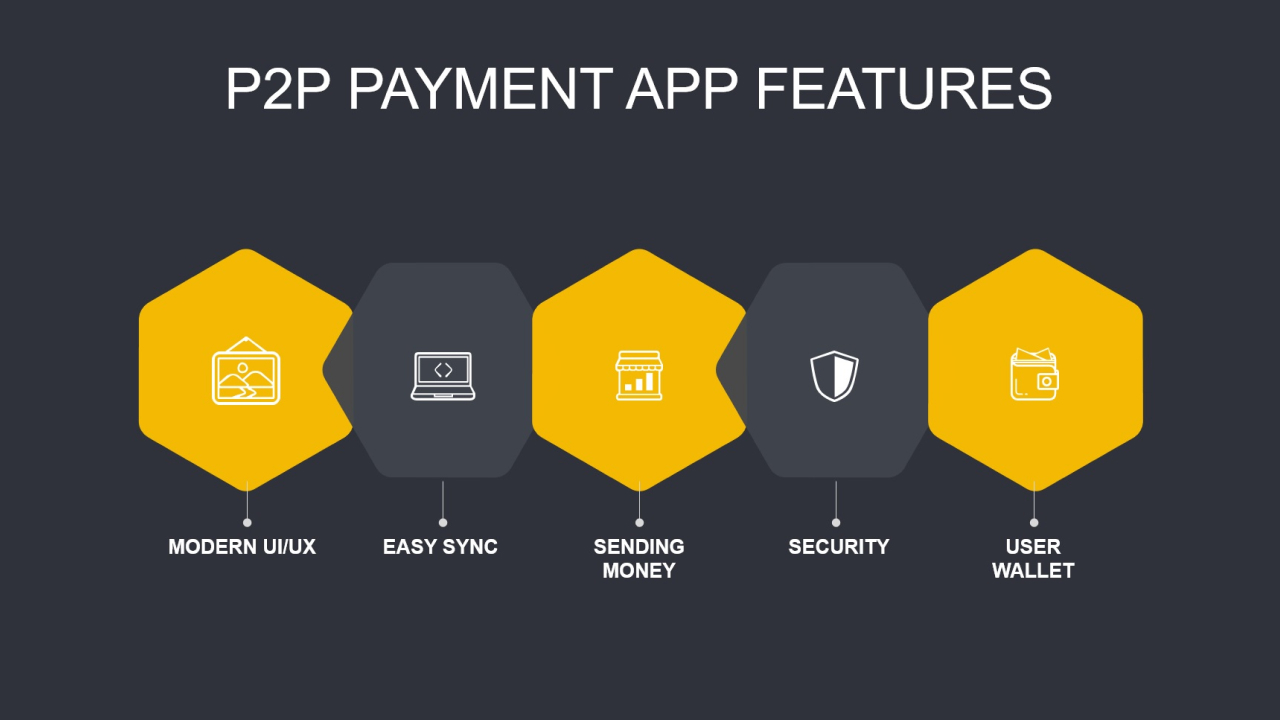Tech-powered business analytics is reinventing the way healthcare providers deliver medical care. Data patterns, operational insights, and performance statistics can be leveraged to smooth out and speed up healthcare workflows and offer the highest quality of patient experience.
That is, if you have a dedicated specialist digging into your healthcare BAs for relevant info. The info that’s relevant enough for you to safely base business-turning decisions on it. That’s why the market for business analysts in healthcare is booming with demand.
The Bureau of Labor Statistics projects that healthcare jobs will expand by 15%, with business analysts placements rising by 11%. How can a qualified analyst impact your healthcare performance? Read on to find out. But let’s start from the top.
Who is a Healthcare Business Analyst?
Business Analytics is the extraction of valuable insights by analysis of data via a range of tools, methods, and approaches. It includes focused work with data (collection, cleaning, preparation, and analysis), employment of analytical techniques (descriptive, predictive analytics), data visualization, performance monitoring, and more.
A healthcare business analyst is a professional who specializes in using various techniques for the management and analysis of business intelligence. Their ultimate task is to improve operational efficiency and performance in a healthcare organization.
In simple words, a healthcare BA:
- Reads into the data generated by the organization’s workflows (performance trackers, financial reports, customer data from EHR, etc.)
- Recognizes useful patterns (e.g., a KPI drops/increases, department expenses bottlenecks, etc.)
- Interprets the findings in a digestible form for stakeholders (by reporting numbers and comparisons, offering optimization recommendations, and designing management strategies).
Data analysts
Data analysts are professionals who collect, process, and analyze health-related data. To interpret data from various sources, such as electronic health records, insurance claims, and patient surveys, to help improve patient care, reduce costs, and enhance operational efficiency.
Responsibilities of a healthcare business analyst
- A business analyst for healthcare must handle large amounts of internal data to point out useful readings, fluctuations, trends, and whatnot.
- They must deeply understand the industry and its regulations to develop effective policies and procedures while making sure the organization is compliant.
- Business analysts in healthcare need to work with doctors, nurses, executives, and other personnel to find areas for growth and recommend solutions.
- Reporting is essential — a healthcare BA must produce clear, succinct reports that reflect their findings and suggestions and present them to senior leadership that can act upon them.
Beyond these overarching responsibilities, healthcare BAs usually handle specific tasks like:
- Conducting on-site evaluations of healthcare programs (their costs and effects)
- Researching and analyzing relevant healthcare needs in the community
- Evaluating new project strategies and maintaining the existing ones
- Suggesting annual performance plans and setting goals for departments
- Disseminating reports and business cases for critical insights
- Providing expert opinions to inform strategic initiatives.
Who is a Healthcare Business Analyst in Software Development?
Let’s now review Business Analysts in healthcare software development projects. They have a more focused role that bridges healthcare needs and IT solutions. They collaborate closely with IT teams, including software developers and UI/UX designers, to define, develop, and implement software solutions tailored to the healthcare industry's unique requirements. These BAs are deeply involved in the technical aspects of software development, from initial requirement gathering to testing and deployment, ensuring the software effectively addresses the specific needs of healthcare providers and enhances patient engagement and care.
A healthcare business analyst in software development focus on analyzing and interpreting data to inform the development of software that improves healthcare delivery and patient care. In this context, their role extends to:
- Gathering and documenting user requirements
- Assisting with design and user experience
- Developing technical specifications
- Planning project scope and roadmap
- Overseeing quality assurance and testing
- Ensuring regulatory compliance
- Engaging and communicating with stakeholders
- Preparing training and support materials
- Supporting implementation and deployment
- Analyzing and recommending improvements post-deployment
Why Hire a Healthcare BA?
We at EXB Soft often provide teams of developers to healthcare companies. Our advice is the following: business analyst is best off assigned to the project as early on in the Presales phase as possible. For several reasons.
Preliminary research
An experienced business analyst in healthcare may conduct full-scale competitor analysis, giving a clear understanding of how the product and team expertise stack up against others in the market.

Optimization ideas
A specialist BA may suggest leveraging existing open-source or integrating third-party solutions if a healthcare organization is trying to save on development costs. If an EHR/PMS system is in place, a business analyst for healthcare can thoroughly analyze its workflow for bottlenecks and inefficiencies.
Project scoping
During the initial project phase, a business analyst composes a Scope document. It outlines a rough estimate of the project's duration and cost, listing the main modules used by the team. A BA can help you define the right project scope via interviews and clarify any crucial issues you may have overlooked.
Benefits of Healthcare Business Analysts in Healthcare
You can already see how useful a dedicated healthcare BA can be for the overall efficiency of a medical project or organization. But here are some instances to reinforce the statement.
Strategic planning and scope definition
BAs help to accurately define the project scope and conduct preliminary research, ensuring a clear understanding of the project's objectives and the healthcare environment it aims to serve. Their expertise in benchmarking and identifying market positions is vital for setting the right direction for the project from the start??.
Optimization of resources
By evaluating current workflows and suggesting the integration of existing technologies or third-party solutions, BAs can significantly reduce development costs without compromising on quality. Their ability to identify cost-saving opportunities and enhance software functionality is a key asset during the software development process??.
Enhancing design and functionality
BAs play a pivotal role in the design phase, working closely with UI/UX designers to ensure that the software meets the end users needs from both a technical and business standpoint. Their input is critical for creating user flow diagrams and facilitating feedback sessions that help refine the product design??.
Effective communication and requirement management
Business Analysts bridge the gap between healthcare professionals, stakeholders, and development teams. They are responsible for communicating requirements clearly, managing changes, and ensuring that all parties are aligned with the project's goals????
Quality Assurance and compliance
BAs assist in identifying and mitigating risks, ensuring that the software complies with healthcare regulations and standards. Their involvement is crucial for minimizing legal and operational risks associated with healthcare software??.
Continuous improvement and support
Even after deployment, BAs continue to gather feedback and suggest improvements, ensuring the software evolves in response to user needs and changing healthcare landscapes??.
Decision-making and problem-solving
BAs use their analytical skills to make informed decisions and solve complex problems throughout the software development life cycle, ensuring that the project stays on track and delivers value to end users??.
Facilitating User Acceptance Testing (UAT)
BAs collaborate with end-users to conduct UAT, making sure the software meets their expectations and adjusting based on feedback before the final rollo
Why Are Business Analysts So Hot in Healthcare Software Development Right Now?
The healthcare industry is rapidly evolving with the adoption of advanced technology and automated processes. Healthcare BAs help bridge the gap between technology, project managers, medical specialists, and patients. In particular, by reading into the unique needs of each and developing personalized solutions that are easy to figure out and utilize.
In the healthcare sector, where personalized care is paramount, business analysts can play a crucial role in developing and implementing IT systems that cater to individual needs. They can help identify the pain points and develop solutions that address the specific challenges healthcare providers and patients face.
All in all, the demand for business analysts in medical software development only grows by the day, indicating their particular role in the industry.
If you are working on software development project for healthcare industry, you can hire business analysts at EXB Soft, to make sure your project leads to success.
Conclusion
Healthcare business analysts may as well form the newest backbone of up-to-date medicine and healthcare that you are missing out on. Doctors, administrators, and other healthcare practitioners need someone to help adapt them to the era of automated, integrated, and interconnected medical management, maintenance, and performance.
There is a growing demand for skilled business analysts who can help companies navigate the challenges of implementing new technologies. It’s crucial for you to find a guaranteed reliable professional. Contact EXB Soft to hire seasoned business analysts with years of experience ready to jump under the hood of your project and handle any scope of needs.
F.A.Q
Healthcare business analysts use data analytics to identify patterns, trends, and insights from large datasets, such as EHRs and financial reports. By analyzing this data, they can pinpoint inefficiencies, recommend process improvements, and develop strategies to optimize resource allocation and streamline workflows, ultimately enhancing operational efficiency.
Healthcare business analysts ensure that software development projects adhere to industry regulations, such as HIPAA and GDPR, by staying updated on regulatory requirements and integrating compliance measures into the development process. They also conduct risk assessments and audits to identify and mitigate potential compliance issues, ensuring the software meets all legal and regulatory standards.
Healthcare business analysts collaborate with UI/UX designers and developers to create user-centric healthcare IT systems. They gather and document user requirements, develop technical specifications, and provide feedback during the design phase. Their input ensures that the software is intuitive, meets end-user needs, and enhances the overall patient and provider experience.
Healthcare business analysts evaluate existing EHR workflows, identify bottlenecks, and recommend enhancements to improve efficiency and user satisfaction. They assist in the customization and integration of EHR systems with other healthcare applications, ensure data accuracy and consistency, and provide training and support to healthcare staff during the implementation phase.
Healthcare business analysts use effective communication, requirement management, and change management strategies to align stakeholder expectations with project goals. They facilitate regular meetings, provide clear and concise updates, and ensure all parties are informed about project progress and potential challenges. This helps in maintaining transparency and managing expectations throughout the project lifecycle.
Healthcare business analysts use their analytical skills to gather and interpret data, develop performance metrics, and generate actionable insights. By providing data-driven recommendations and strategic advice, they support informed decision-making and problem-solving processes, helping healthcare organizations address challenges and achieve their goals more effectively.
Healthcare business analysts are critical to the success of healthcare software development projects because they bridge the gap between technical teams and healthcare stakeholders. They ensure that the software meets regulatory requirements, user needs, and organizational goals. Their involvement in project scoping, requirement gathering, testing, and post-deployment analysis helps deliver high-quality, compliant, and user-friendly healthcare solutions.



